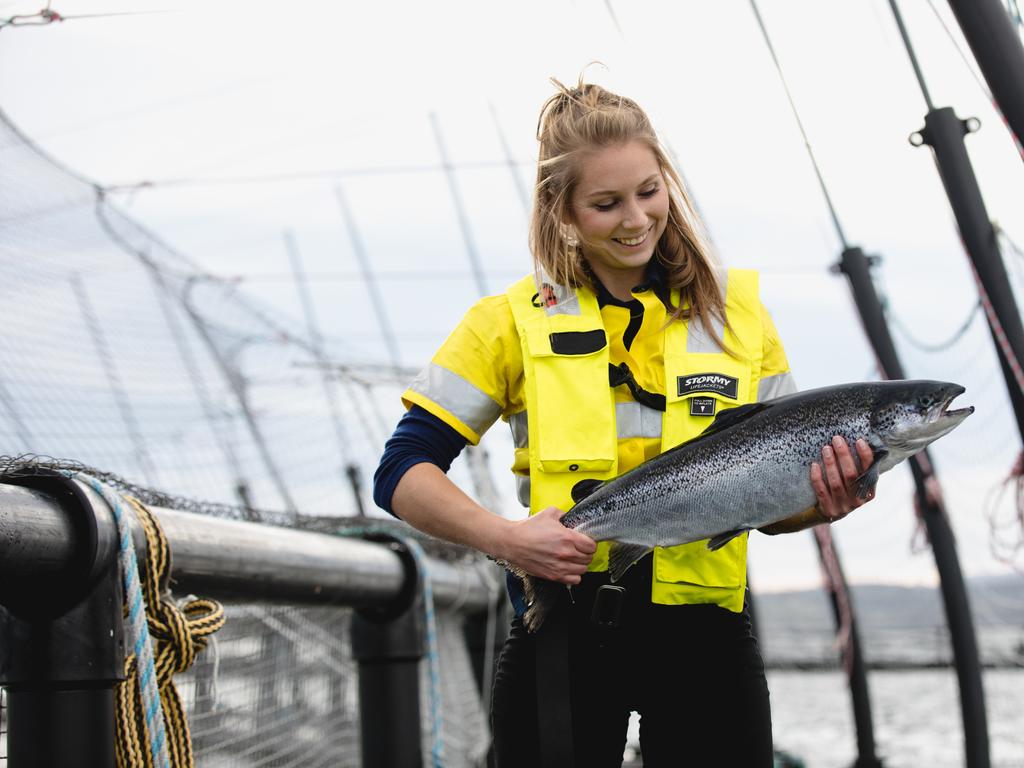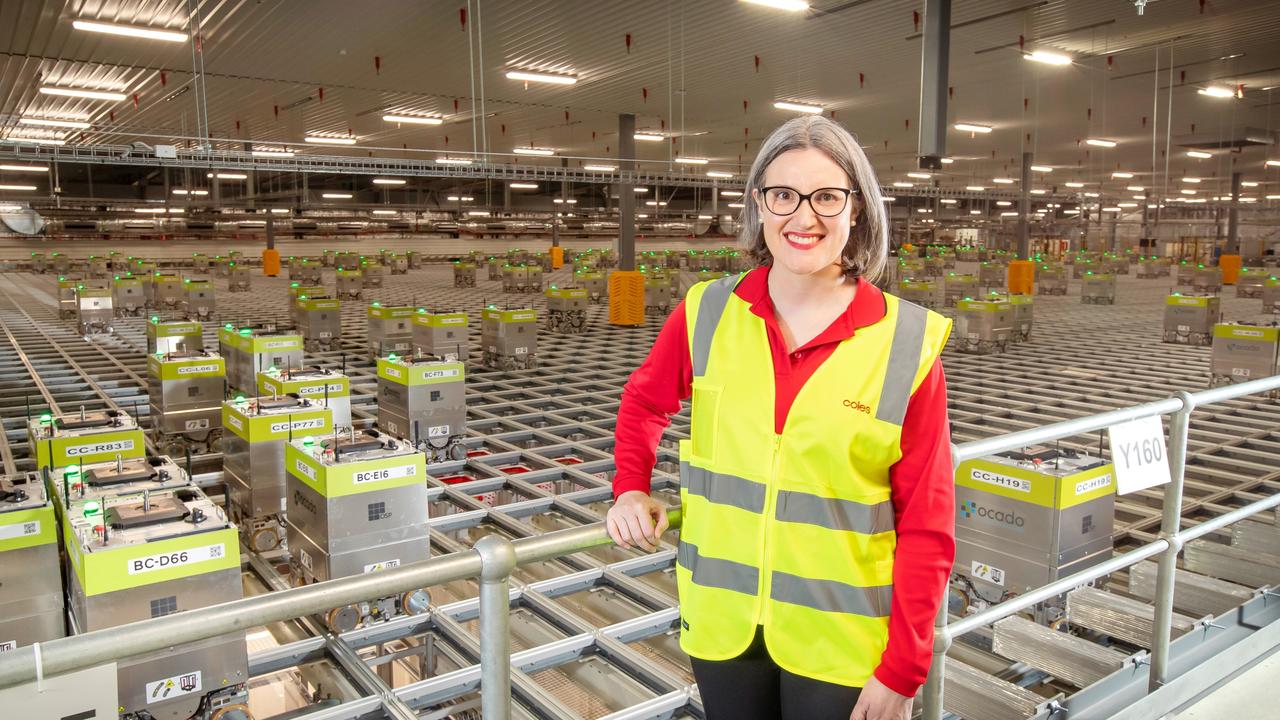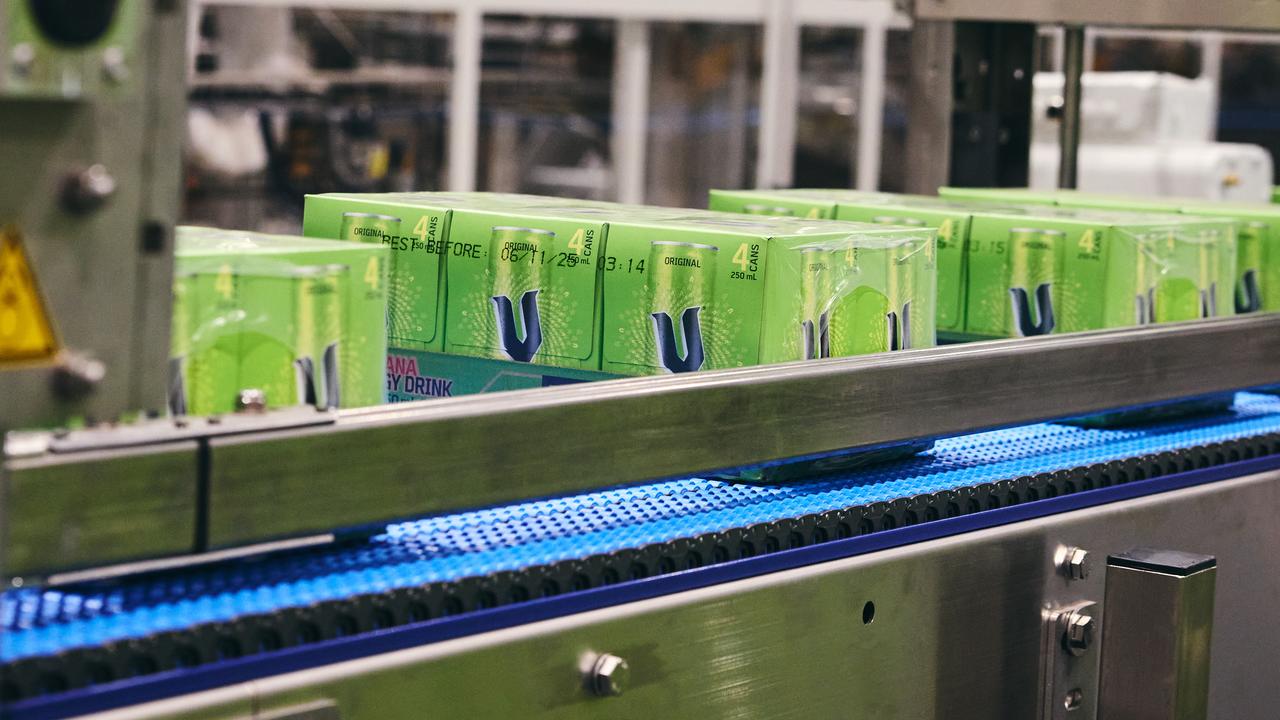Andrew Forrest’s Tattarang increases stake in Huon Aquaculture, pressure on JBS
Andrew Forrest has lifted his stake in Tasmanian salmon producer Huon and called on bid rival JBS to improve its animal husbandry practices.
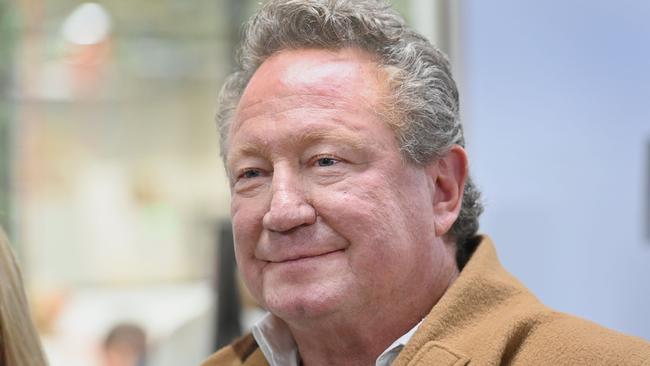
Business
Don't miss out on the headlines from Business. Followed categories will be added to My News.
Andrew Forrest’s family interests have upped the stakes in the bid for Tasmanian salmon company, the Huon Aquaculture group, increasing its stake to just under 19 per cent.
In an aggressive statement, accompanied by a personal video from Forrest, Forrest also challenged Brazilian food giant JBS – which is bidding for the company Huon – to improve its animal husbandry processes, accusing it of not operating on a “no pain, no fear’ basis in its meant processing businesses around the world.
Forrest’s family company, Tattarang, paid almost $20m in June for a 7.33 per cent stake in Huon.
Tattarang announced on Wednesday it had spent another $46m to increase its stake to 18.5 per cent, a move flagged in The Australian’s Data Room column.
While Forrest has not indicated what he plans to do with his increased stake, the move has the potential to derail the $425m scheme of arrangement struck earlier this month with JBS which is one of the largest meat processors in Australia if Forrest, Huon and JBS cannot come to an agreement.
In an interview with the Australian on Wednesday, Mr Forrest, who is chairman of Tattarang, said his company continued to support the work by Huon’s founder, the Benders, to improve the image of the world salmon industry.
This included moves to eliminate the use of fish meal to feed the salmon.
He said Tasmania had a “globally significant opportunity to be the epicentre of this change, to lead the world and become the leading jurisdiction in the aquaculture industry that is environmentally sustainable and ethically produced”.
“Sustainability is the one factor that will guarantee jobs in agriculture, food on our plates and farming practices that protect the planet, not harm it.
“We expect Huon to continue on the journey the Benders started it on, even if they are no longer in control.”
He said Tattarang had written to JBS and Huon saying it was a “vitally interested investor in Huon.”
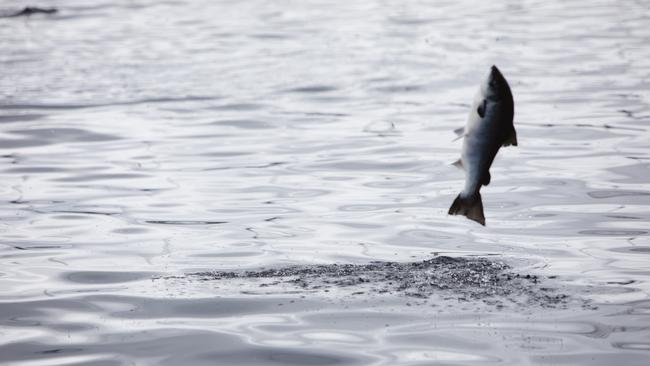
He said Huon’s current practice of using fish meal for its salmon farming was both expensive and environmentally damaging.
“When we invested in Huon, it wasn’t to see if we could make a turn or a cheap investment, it was to see if we could turn salmon farming away from its current very poor reputation,” he said.
But he said he was also concerned at the global practices of JBS and that they were not operating on the basis of killing their animals on the basis of “no pain, no fear” practices.
But JBS Australian chief executive Brent Eastwood rejected the allegations.
“As the world’s largest animal protein-based company, ensuring the wellbeing of the animals under our care is an uncompromising commitment at JBS,” he said in a statement.
“We are confident that a partnership with JBS will extend and improve upon Huon’s legacy of high standards for superior quality, fish health, welfare and sustainable farming practices.”
Mr Eastwood said JBS shared Tattarang’s views “that good business must also be good for the environment.”
“We continually strive to improve our welfare efforts through new technologies and the implementation of standards that meet and often exceed regulatory requirements and industry guidelines.”
He said JBS was recognised as one of the best companies in the world for animal welfare practices, in the most recent 2020 ranking from the Business Benchmark on Farm Animal Welfare (BBFAW).
It also become the first global meat and poultry company to publicly commit to achieve net zero greenhouse gas emissions across our entire value chain by 2040 with investments of more than $US1bn in greenhouse gas emission reduction projects in our facilities.”
He said JBS would “provide further detail as appropriate regarding our commitment to best practice standards in animal welfare and environmental sustainability” when its scheme of arrangement materials were released.
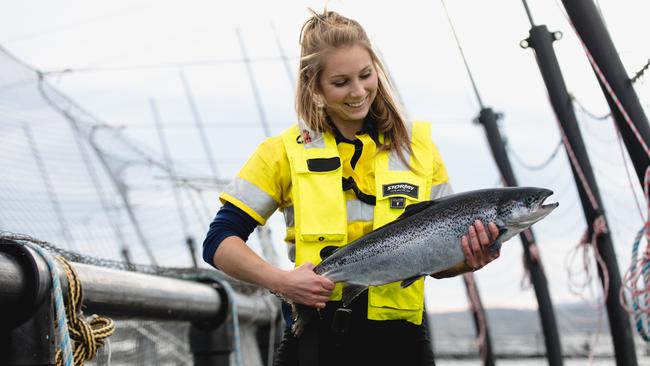
Mr Forrest did not say if his company was prepared to make a full bid for Huon.
He said Tattarang had been looking at Huon earlier this year but was prompted to increase its stake after it saw JBS announcing the deal with Huon.
He said his company had written to JBS saying it was “very interested” in its animal husbandry practices around the world in all animal protein including chicken, pork and beef.
Mr Forrest said Tattarang was interested in increasing its role in Australia’s aquaculture sector.
The company recently buying into WA with leases off the coast of Albany in Western Australia where it is growing mussels and akoya oysters.
Huon announced in February this year that it had appointed advisers following unsolicited approaches for the business.
Earlier this month the company announced plans to for a scheme of arrangement with JBS at $3.85 a share, valuing the company at $425 million.
The arrangement had the support of the board and major shareholder founders Peter and Frances Bender who owned 53 per cent of the company and have committed to support the JBS offer.
The prospective sale to JBS has been strongly criticised by award-winning Tasmanian author Richard Flanagan who criticised the Brazilian company as having a global reputation for “tax evasion, money laundering and animal cruelty.”
JBS closed its abattoir in 2012 in Currie on King Island, Tasmania and a plant in Quoiba in 2018.
The salmon farming company which was launched by the Benders in 1986, lost $95.3 million for the six months ending December, 2020.
Originally published as Andrew Forrest’s Tattarang increases stake in Huon Aquaculture, pressure on JBS



